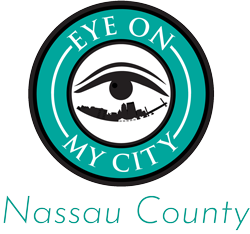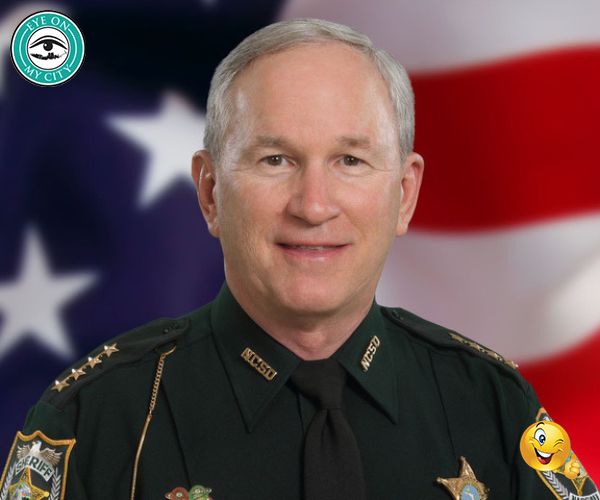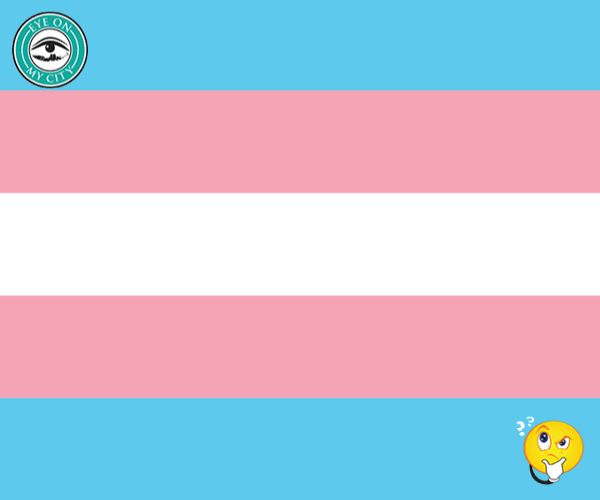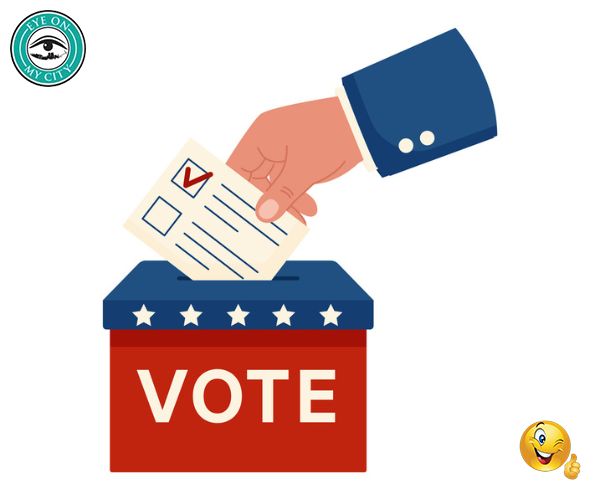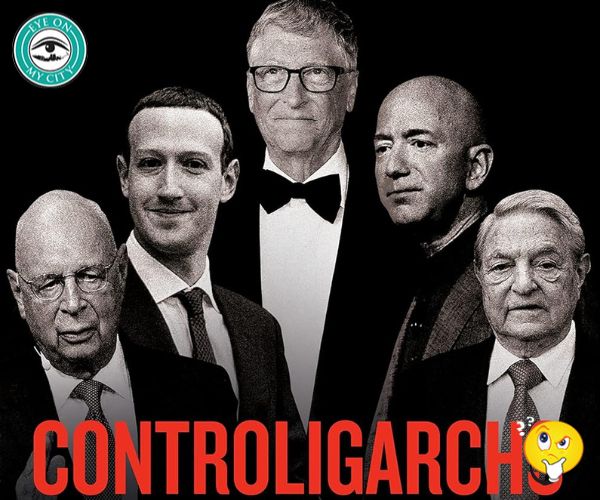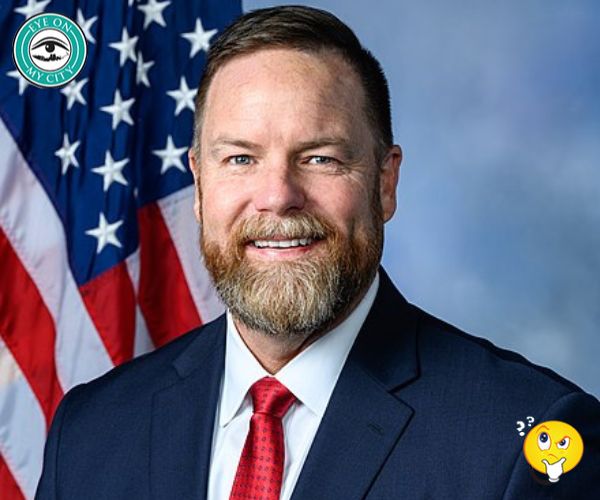Axios is reporting President Biden’s digital strategy to mobilize an army of influencers to help promote his policies and boost his approval ratings. According to the report, the White House has launched an “Influencer Outreach Program” to identify and collaborate with popular social media personalities, celebrities, and micro-influencers who align with the administration’s messaging.
The program aims to leverage the power of social media to engage younger audiences and counter misinformation campaigns that may be propagated by opponents. The White House believes that these influencers can help bridge the gap between traditional media and younger voters, who are more likely to consume news and information on social media platforms.
The program is still in its early stages and the White House has not yet disclosed how many influencers it has enlisted or what specific strategies it will employ. Nonetheless, the program represents a new approach to digital strategy for the Biden administration, which is seeking to tap into the power of social media influencers to shape the national conversation and mobilize public support.
It is not uncommon for influencers to receive compensation for their content and promotional efforts on social media. This can take the form of sponsored posts, brand deals, and other forms of advertising partnerships. It is possible that the White House may offer compensation or other incentives to the influencers who participate in their program, but this information has not been disclosed publicly.
If they are paid, it is their responsibility as required by law to disclose that fact to their followers. The Federal Trade Commission (FTC) requires influencers to make “clear and conspicuous” disclosures when they endorse products, services, or political campaigns in exchange for payment or other compensation.
The FTC has provided specific guidelines for influencers to follow when making disclosures, including using clear and unambiguous language that is easy for followers to understand. These guidelines also specify that disclosures should be placed prominently in the post or message, and should be easily visible on all devices and platforms. Failure to disclose paid endorsements can result in penalties and fines from the FTC.
Be watchful in the months to come on “endorsements” by influencers. If they are being paid – do they really support the candidate or are simply being bought by a candidate?
I don’t know about you but I’d rather see an endorsement by a person or entity and not a paid a “supporter” attempting to sway my vote.
What say you?
